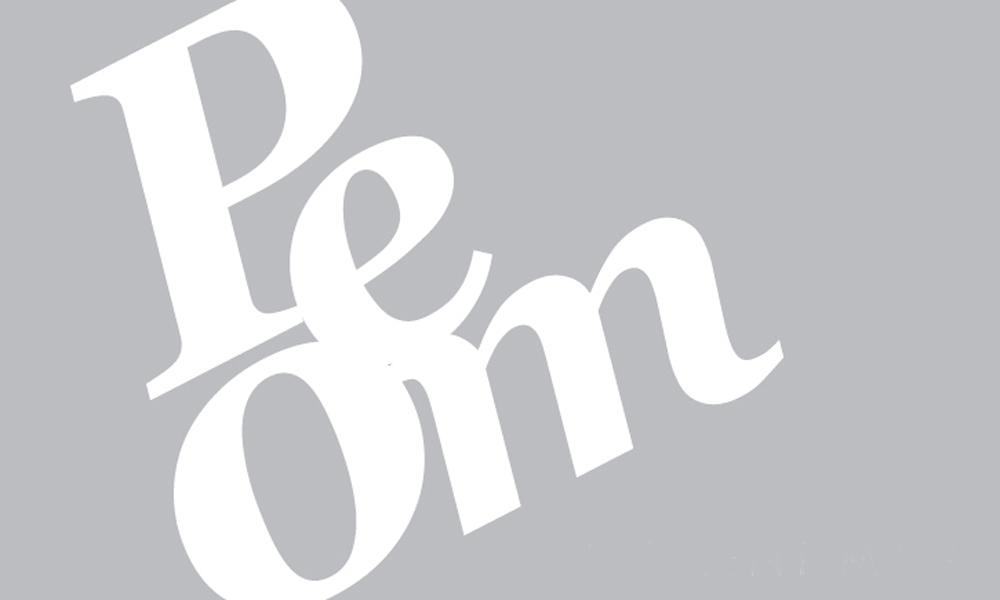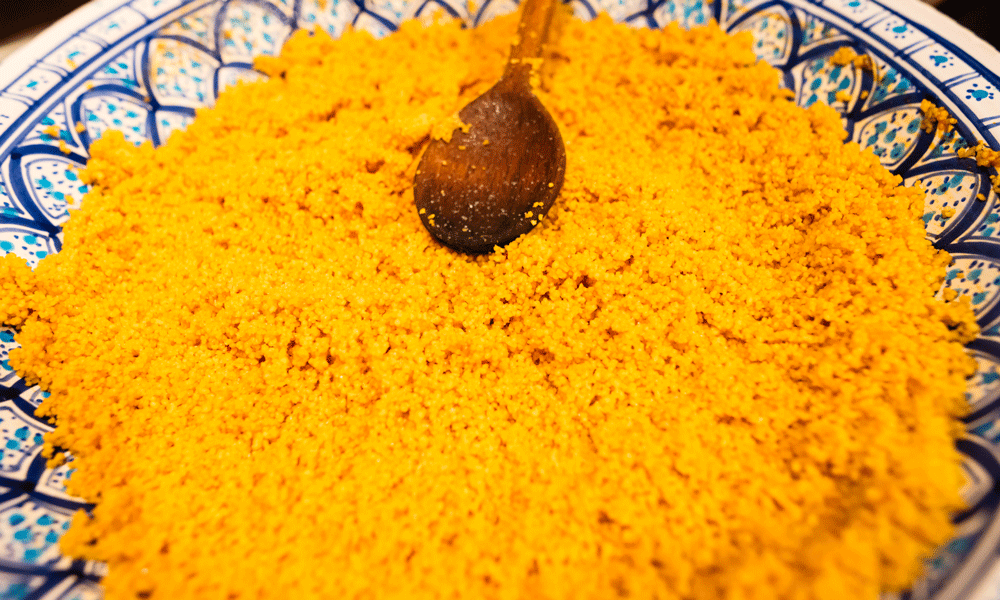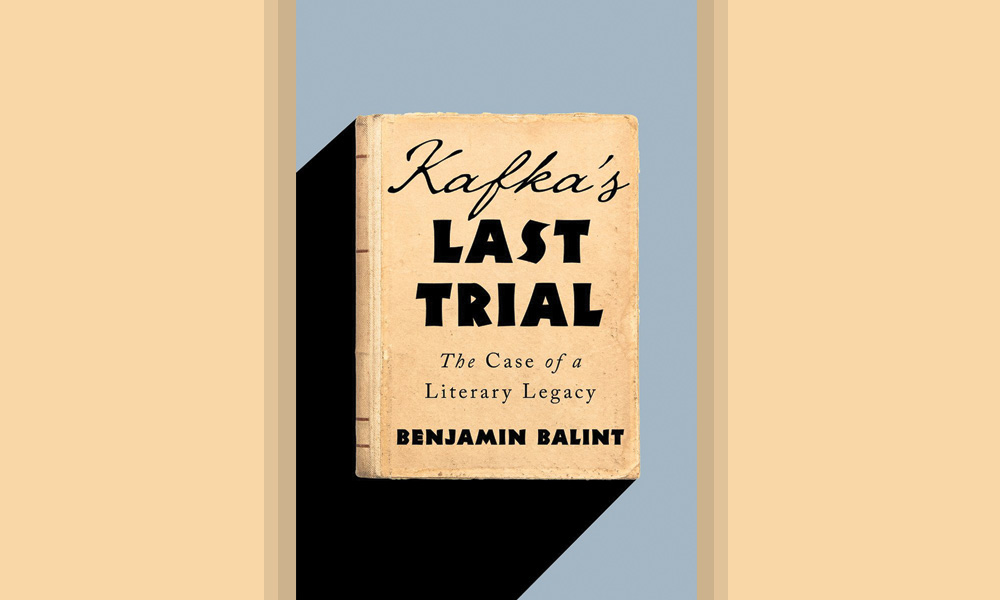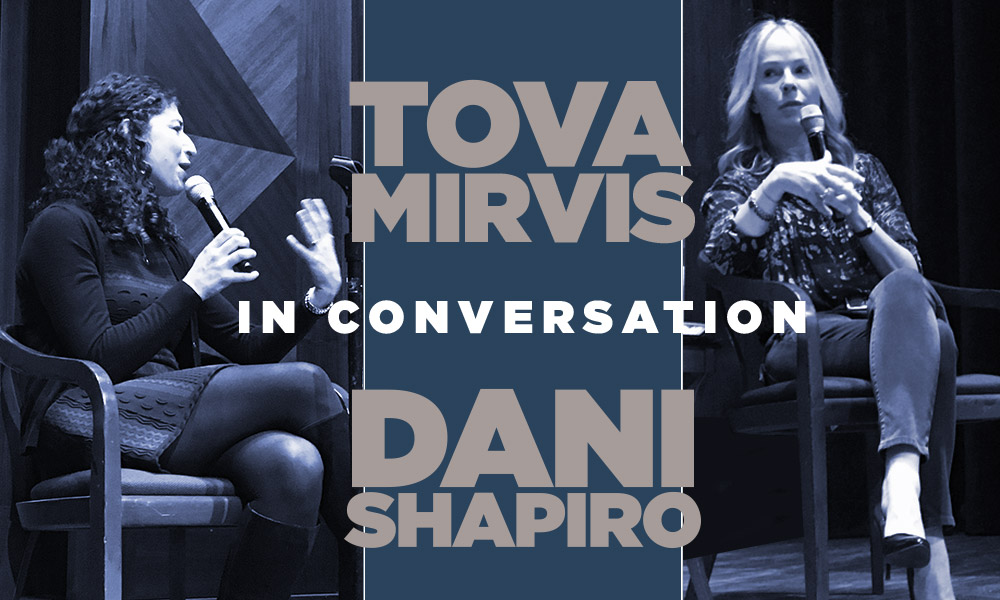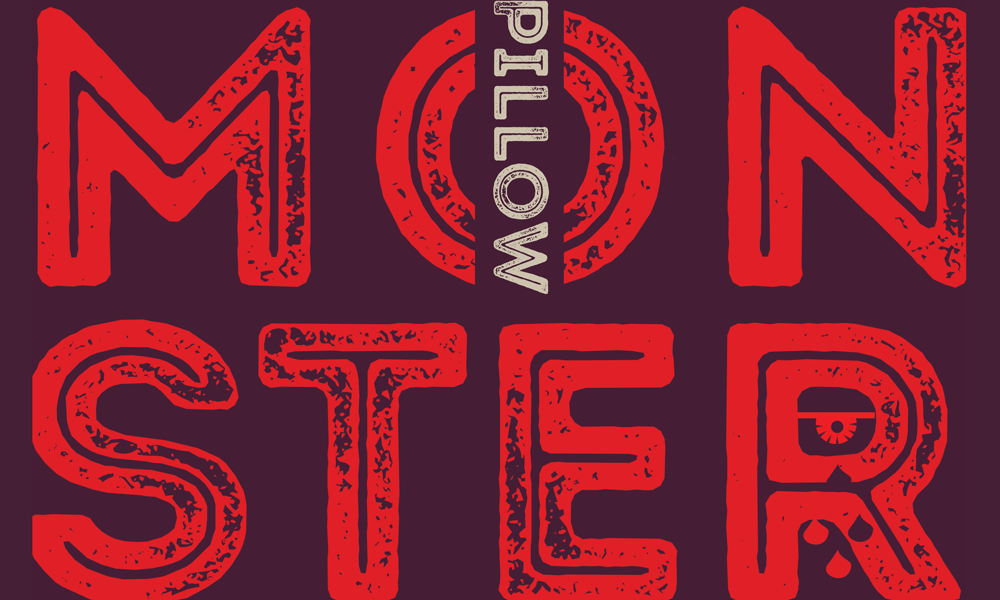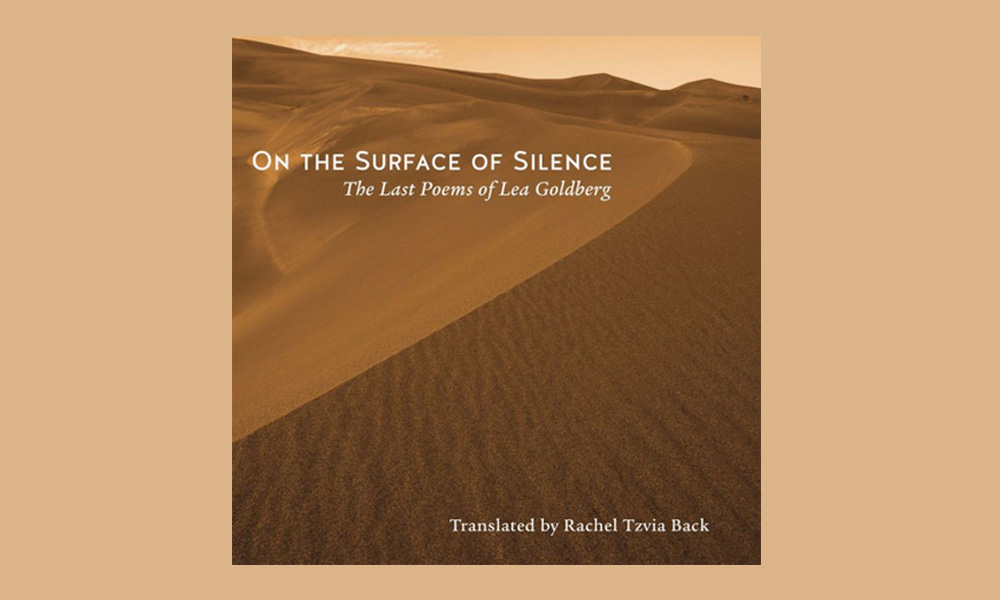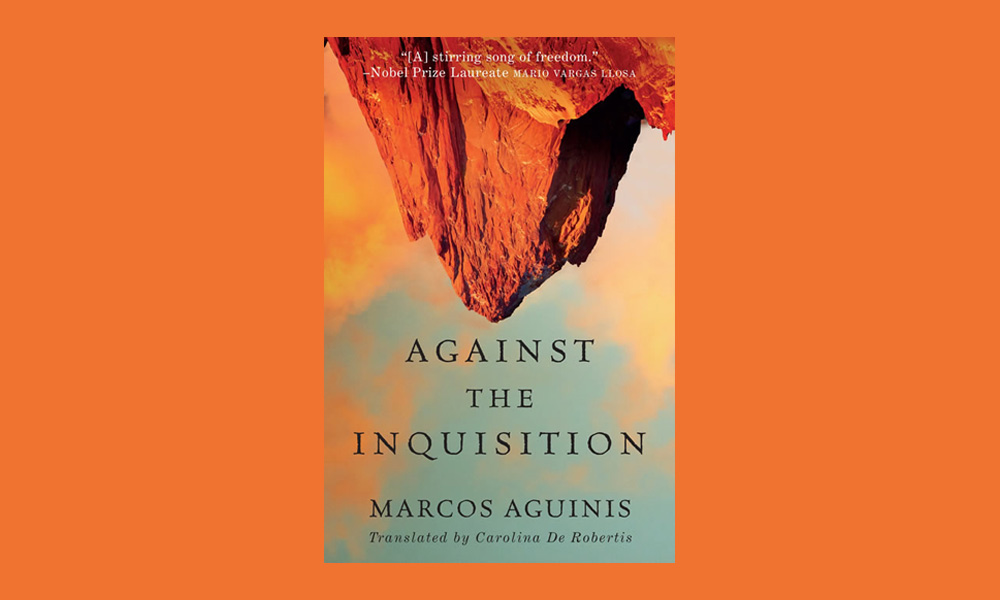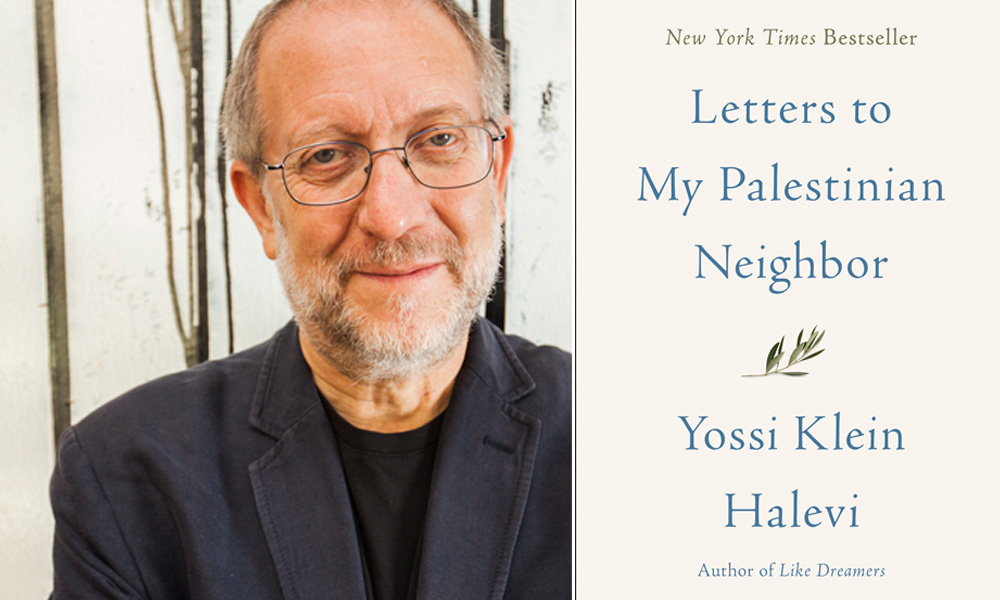Poem: The State of Things
On the day after Yom Kippur, I ride my bike along the waterfront.
Pious men build their sukkah before sunset.
Will they invite me to be their...
Talk of the Table | The Power of Couscous
Throughout the Maghreb, couscous was traditionally prepared by groups of women, family and friends, who helped each other pass the long hours it took to make. First, they spread semolina wheat, bought by the men and freshly ground, onto a large round platter, sprinkling it with salted water and sometimes flour.
Book Review | Kafka’s Last Trial by Ruby Namdar
Few literary figures have stirred readers’ imaginations as much as Kafka, his tormented life and early death. Indeed, he is viewed as a mythical figure as much as a renowned author. But above all, the bizarre story of how Kafka’s work survived and entered the canon has become a staple of literary legend.
Tova Mirvis & Dani Shapiro: In Conversation
Two writers, both of whom left the orthodox fold, discuss the roles memory & imagination play in both fiction & memoir.
Fiction | Pillow Monster by Etgar Keret
"Why does he always go to other countries?” she asks while chewing a pistachio. I stroke her head and say, “Don’t eat and talk at the same time, pumpkin, you can choke.” She swallows silently, then immediately asks, “Daddy, if you build buildings, what do you need a gun for?”
The Search for the Elusive Jewish Cocktail
By the time Prohibition began, Jews did make up a significant portion of the alcohol industry—most often in the whiskey business, working as distillers or distributors. But a smaller cohort of Jews also made their mark as cocktail bartenders.
Book Review | On the Surface of Silence: The Last Poems of Lea Goldberg Translated by Rachel Tzvia Back
On the Surface of Silence, the final collection of legendary Israeli poet Lea Goldberg, is a book of splendor in more ways than one. With its large 10x10 format, a beautiful cover photo of a desert landscape, a selection of mystical pen-and-ink drawings by the poet, and the haunting poems themselves in Hebrew and English on facing pages, as if afloat in a world of silence
Book Review | Concrete Boxes: Mizrahi Women on Israel’s Periphery by Pnina Motzafi-Haller
We are waking up to the fact that Mizrachim now make up more than half of all Israeli Jews. And not only do Mizrachim come from a different part of the world, but they also continue to view Zionism, Judaism, religion and gender very differently than do Jews of European descent.
Book Review | Against the Inquisition by Marcos Aguinis
Little known in English, Aguinis has been a Latin American literary powerhouse for 50 years, turning out elegant, prize-winning bestsellers that have explored everything from Argentine history to the Israeli-Palestinian conflict to the life of Maimonides, all to the praise of his largely non-Jewish audience.
Martha Nussbaum: The Philosopher Queen
Bold and unapologetic, the marathon-running, opera-loving public intellectual has weighed in on everything from aging to the nature of evil. Her goal? To make philosophy useful in our day-to-day lives.
Author Interview | Yossi Klein Halevi
Yossi Klein Halevi has taken on several roles in the Israeli-Palestinian drama since he made aliyah in 1982. He’s been a protagonist in the conflict—“I chose a side when I became an immigrant”—and served in the army during the first intifada. Later, he became a journalist, trying to understand both sides’ complexity
Opinion | In Praise of Tribalism
Thoughts on two eight-year-old converts—and Michael Chabon.

